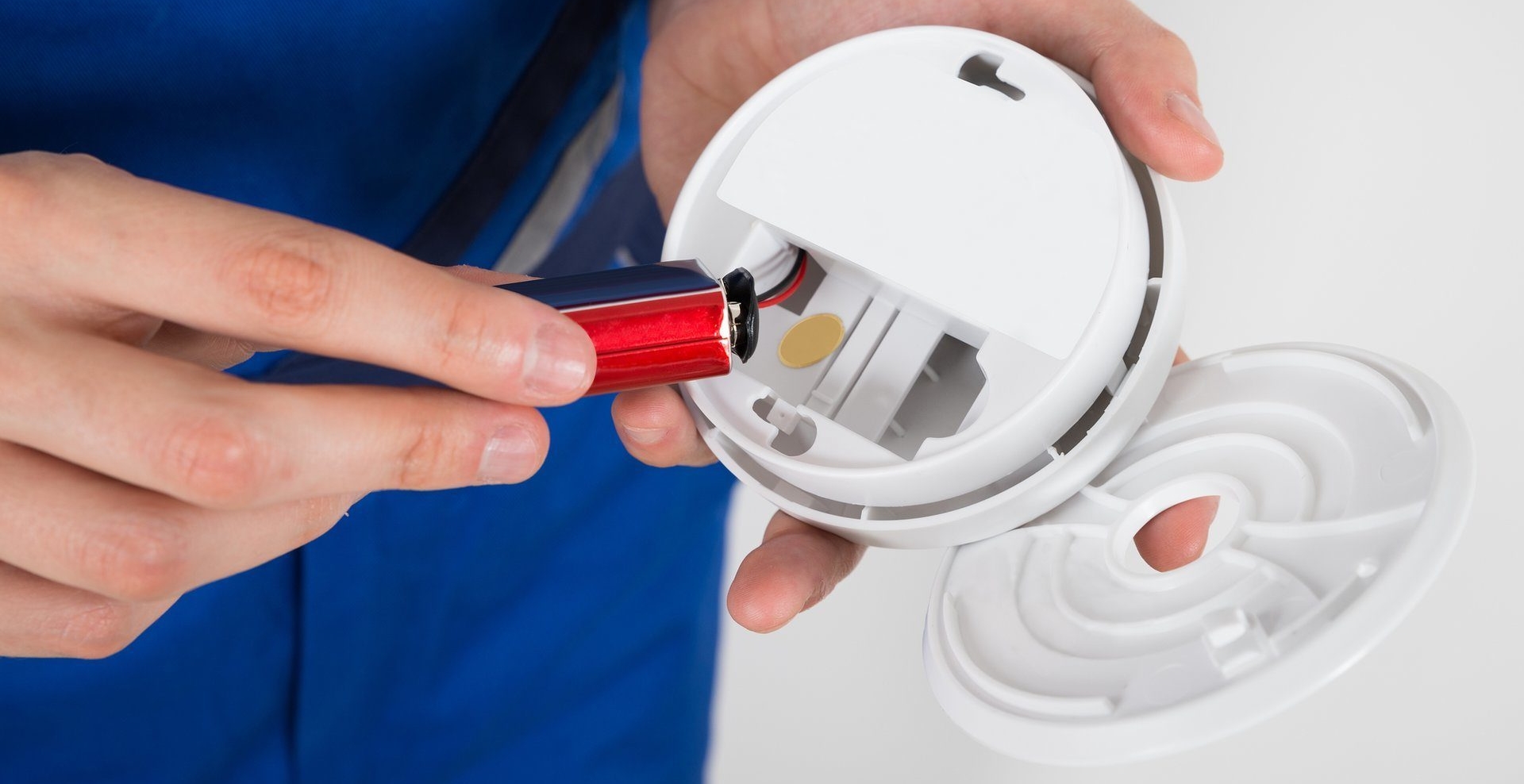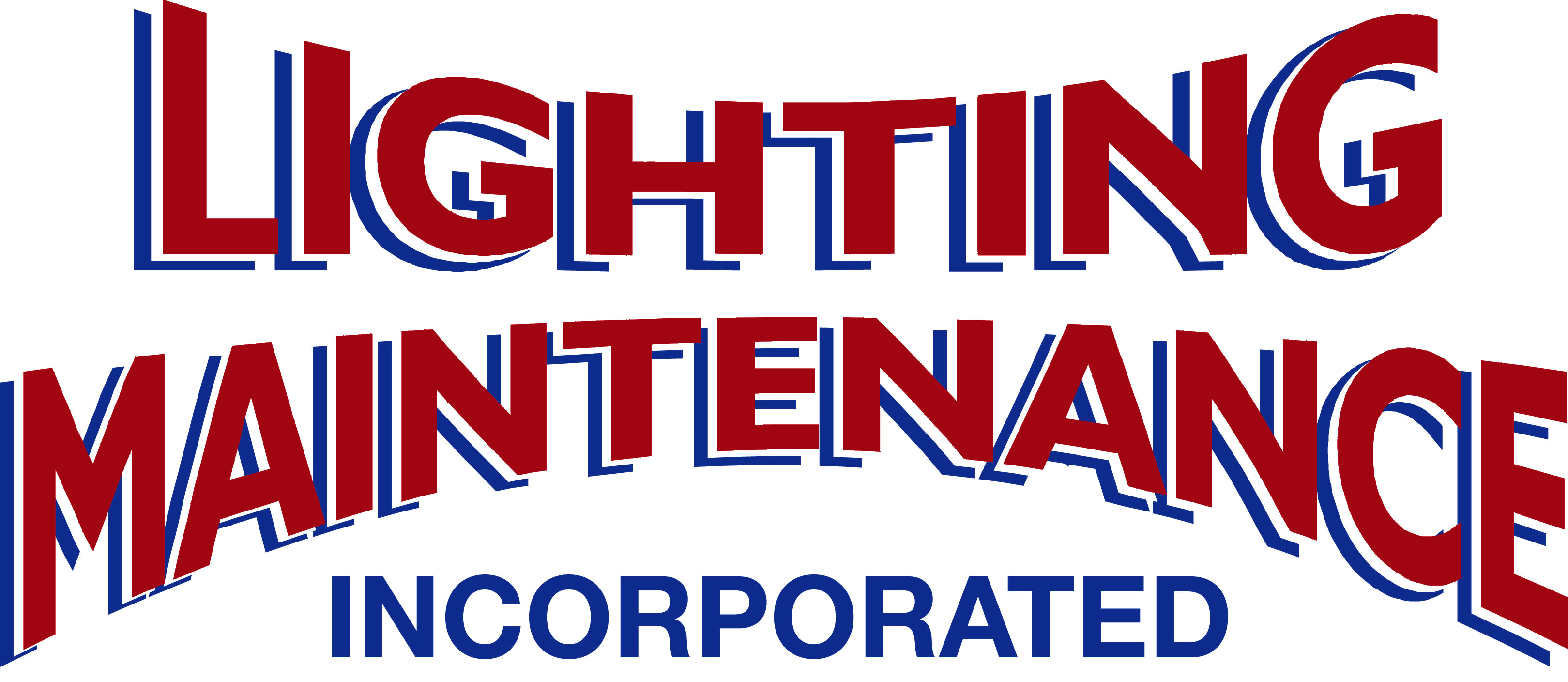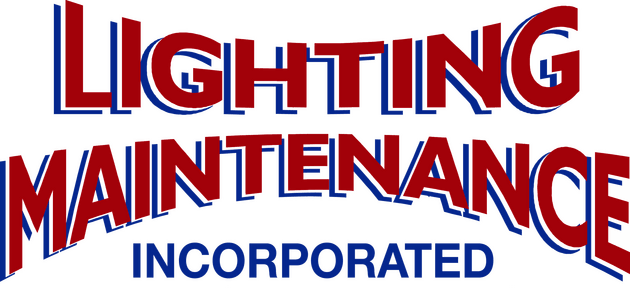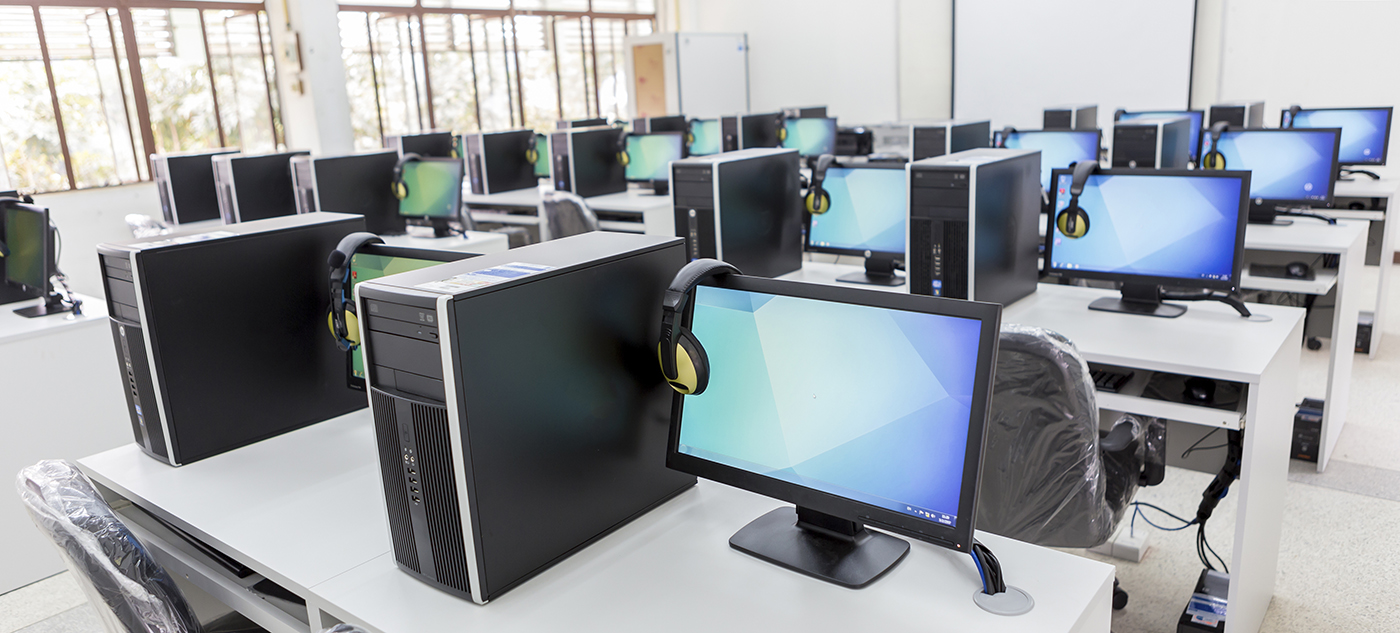27 Mar How to Prevent Electrical Fires in Your Business
Fires in the workplace are more common than most realize and are usually caused by a mistake that could have easily been prevented. With technology ingrained in our everyday lives, it’s easy to forget the damage electronics and other items can do if proper precautionary actions aren’t taken. When workplace fires occur, businesses consequently spend a considerable amount of money on property damage and worker’s compensation claims. Unfortunately, it is rare for a company to ever fully recover from a fire. It’s essential to familiarize yourself and coworkers with the common causes of workplace fires and fire prevention tips so everyone can stay safe and consciously prevent fires from occurring on a daily basis.
Tidy Up the Office
Having a clean establishment plays a crucial role in fire prevention. Cluttered areas decrease work performance and contribute to fires by providing fuel and blocking easy access to fire escapes, emergency exits, and emergency equipment. It’s encouraged to keep work environments organized regardless of the type. Proper cleanliness is also crucial as built-up dust prevents adequate ventilation and can ignite, should a fire begin.
Display Exit Signs and Emergency Contact Info
Emergency exit diagrams should be posted throughout the workplace for employees to review and learn. All emergency exits should also be lit with neon regulation signs, so in the event of an emergency, all employees can properly evacuate. Additionally, emergency contact phone numbers and the address of the company should be listed next to phones and given to each employee so all individuals can perform proper protocol and inform all necessary individuals.
Don’t Leave Appliances Running Overnight
Appliances can cause safety hazards from fuse shortages and noise pollution to workplace fires. Some appliances even have the potential to cause water damage if they’re not performing correctly. Unplugging appliances, both personal and all-inclusive, each day and over weekends, is a great preventative measure to implement in your workplace as this helps decrease the chances of damages occurring and maintains a safe work environment.
Follow Manufacturer’s Instruction Manuals
Reviewing and following user manual directions for electronics and appliances utilized in the office is vital to maintain proper functioning and to ensure the safety of employees. Any time a new item is added to the office, it’s encouraged to provide all the needed materials for members of the office that will be using the equipment or may come in contact. Many products can damage the workplace and cause serious injuries or death if the staff is unaware of best practices, functionality, and capabilities.
Proper Waste Control and Storage
Monitor the waste present in your workplace and properly dispose of any hazardous waste and combustible materials and residues, so they don’t contribute to a fire emergency. Hazardous waste items can be disposed of in a lidded metal container, and flammable materials should be contained in one area. Hazardous waste items and combustible materials should be disposed of daily to prevent build-up. Educate your staff on the types of materials that fall into these areas as the list is extensive.
- Oil-soaked rags
- Chemicals
- Batteries
- Paint
- Paper
- Cardboard
- Plastic
- Fabric
Lock Up Your Building Every Night
Investing in a building security system and properly locking your building after each day is critical. Unfortunately, arson is one of the leading causes of fires, so it’s vital to be proactive. Inform your staff to notify designated individuals if suspicious behavior or any unfamiliar individuals are on the premises. Combustible garbage and hazardous waste should never be left outside or near your building unless properly secured in the correct containers.
Make and Execute Your Evacuation Plan
Take the time to create emergency and evacuation plans with designated individuals in your office. Implementing these plans help prevent further damages and issues in the event of a fire. Educating selected individuals of who to call for help and what actions to take will make for a seamless process and decrease confusion, if an emergency occurs. It’s encouraged to conduct drills regularly, regardless of the size of the office, as all staff should know and be aware of company policies for responding to emergencies.
Have Designated Smoking Areas
Establishing designated smoking areas a safe distance away from your building will also help to prevent workplace fires. Be sure to provide ashtrays or other disposal options, so employees can properly extinguish and dispose of their cigarettes. Smoking should never occur in storage areas, work areas where sparks are present, or in zones where chemicals are stored. Make sure to post reminders throughout the workplace that enforce designated areas, proper distinguishing and discarding. If your workplace is deemed too high of a fire risk, it’s encouraged to not allow smoking on the property at all.
Check Your Fire Extinguishers
Determine how many fire extinguishers are required to be in your workplace, depending on the size and layout of each room. Maintaining the appropriate type and number of extinguishers is vital to have the right resources available in the event of an emergency. Extinguishers should be inspected every month to check gauges and allow for proper maintenance. Make sure every employee receives adequate training and learns how to use a fire extinguisher.
Regularly Test Fire Alarm Systems for Proper Functioning

Malfunctioning fire alarm equipment is by far one of the leading causes of workplace fires each year. Be sure to schedule regular maintenance services and testing for all fire detection devices and smoke alarms. Sprinkler systems and smoke detectors should be tested every month to allow time to schedule repairs or maintenance on faulty units before they create a fire hazard. Sprinklers, firefighting equipment, and emergency exits should never be blocked, so be conscious of how additional office materials are stored.
Accessible Electrical Control Panels and Fire Alarm Equipment
Electrical control panels and fire alarm equipment should be completely clear of dust, debris, furniture, tools, and other items. These items need to be easily accessible so they can be properly shut down and controlled in the event of a fire. Keeping these items clear of any obstruction will also ensure that it functions adequately, such as notifying the office should an emergency occur.
Practice Chemical Safety
All employees should be adequately educated on the use of chemical products within the workplace. Always read the Material Safety Data Sheets and product labels to determine flammability and other potential fire hazards. All chemicals should be stored in dry, secure areas with proper ventilation to prevent chemicals from overheating. Appropriate personal protective equipment should be kept close by so employees are taking suitable precautionary measures and have protection should flammable substances cause a fire.
Be Aware of Potential Electrical Hazards
Take note and report all potential electrical hazards such as frayed wires, defective or broken plugs, overloaded sockets, or any old equipment. Faulty electrics are one of the most common causes of fires in workplaces, making it essential to always be aware and let your supervisor know if something doesn’t look right. To help eliminate potential electrical hazards, an energy audit can be done to identify any problem areas, as well as give your business suggestions on areas where they can save energy. Additionally, use proper precautions to prevent ignition in explosive atmospheres such as those with flammable liquids or fine particles present.
Properly Maintain Machinery and Electrical Items
Machinery and electrical items such as appliances or lighting can overheat, create sparks, or short circuits if not adequately cared for. Perform regular checks and maintenance on these items in your workplace to prevent any of these instances from occurring. Any potential electrical hazards or malfunctions should also be reported immediately. Keep detailed records of any checks and maintenance needs, so you’re able to look back on the product’s history. Employees should be informed that no repairs should be conducted unless they are qualified to do so.
In Closing
Now that you’re aware of ways to prevent fires in your workplace, it’s vital to begin implementing these measures, if you haven’t already. If businesses utilize these and many other prevention techniques, the opportunity for a fire to start will be decreased substantially. Given the amount of damage and increased expenses a fire can cause for a business, taking proper precautions is better than having to try and bounce back. Coach and inform your employees on how to further prevent fires in the workplace.






